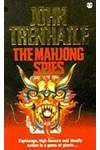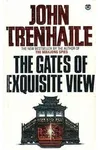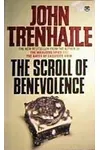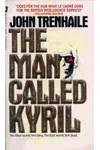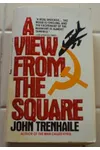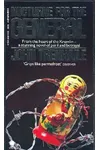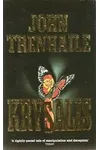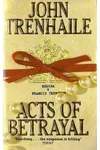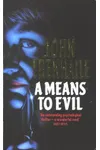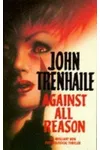Picture a British barrister trading law books for thrilling spy novels that captivated the world—meet John Trenhaile! This master of Cold War espionage fiction spun tales of KGB intrigue and global conspiracies, with his Stepan Povin trilogy earning a TV adaptation and fans in over twenty languages. Now living in Sussex after embracing Buddhism in Thailand, Trenhaile’s journey is as fascinating as his stories.
The Making of John Trenhaile
Born in England, John Trenhaile carved a successful career as a Chancery barrister, specializing in the financial intricacies of death. Educated at Epsom College and Magdalen College, Oxford, he brought a sharp intellect to his legal work. But the lure of storytelling proved stronger. In the early 1980s, Trenhaile left the bar to write, diving into the shadowy world of espionage with a researcher’s zeal. His travels across Southeast Asia, including a stint as a journalist for the Taiwanese government, fueled his vivid settings and cultural insights.
John Trenhaile’s Unforgettable Stories
Trenhaile’s debut, The Man Called Kyril (1981), kicked off the Stepan Povin trilogy, a gripping saga of a KGB double agent navigating Cold War treachery. Adapted into a 1988 TV miniseries, Codename: Kyril, it showcased Trenhaile’s knack for complex characters and realistic spy craft, earning comparisons to John le Carré. The trilogy continued with A View from the Square (1983), a tale of betrayal in Hong Kong, and Nocturne for the General (1985), set in a brutal Soviet prison camp. His Simon Young trilogy, starting with The Mahjong Spies (1986), explored Chinese intelligence and Hong Kong’s 1997 handover, blending high-stakes adventure with technological intrigue. Trenhaile’s style—meticulous, cerebral, and richly atmospheric—plunges readers into the moral ambiguities of espionage.
Beyond espionage, Trenhaile tackled darker themes. A Means to Evil (1993), the first in his Paradise Bay series, follows a psychological profiler hunting a serial killer in California. His twelve novels, translated into over twenty languages, reflect a restless curiosity, from KGB inner workings to Buddhist philosophy. Trenhaile’s time in Thailand, where he learned Thai and taught at a local school, now inspires a non-fiction work on Buddhism’s pursuit of Nirvana amid life’s gritty realities.
Why John Trenhaile Matters
John Trenhaile brought a barrister’s precision to the thriller genre, crafting stories that pulse with authenticity and moral complexity. His Stepan Povin trilogy remains a benchmark for Cold War espionage, offering a window into a tense era. By exploring diverse settings—from Moscow to Hong Kong to rural Thailand—he broadened the genre’s horizons. His shift to non-fiction reflects a lifelong quest for understanding, resonating with readers who crave stories that challenge and enlighten. Trenhaile’s work endures as a testament to the power of reinvention, both in fiction and in life.
- Born: England (exact date unavailable)
- Key Works: The Man Called Kyril, A View from the Square, Nocturne for the General, The Mahjong Spies
- Notable Achievement: The Man Called Kyril adapted into a TV miniseries (1988)
- Current Project: Non-fiction on Buddhism and Thai culture
Snag The Man Called Kyril and dive into John Trenhaile’s thrilling world of spies and secrets!
